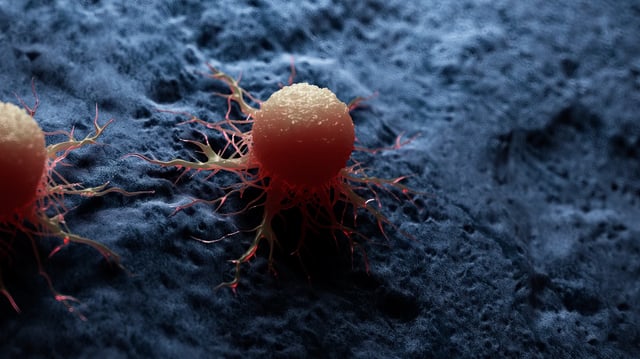Overview
- The July 18 Frontiers in Endocrinology paper establishes SDR42E1’s essential role in gut absorption and downstream metabolism of vitamin D into calcitriol
- CRISPR/Cas9 inactivation of SDR42E1 in HCT116 colorectal cancer cells led to a 53% drop in cell viability, highlighting selective cancer cell killing
- Disruption of the gene altered expression of 4,663 downstream genes involved in cancer signaling pathways and sterol metabolism
- Principal investigators Georges Nemer of Hamad Bin Khalifa University and Nagham Nafiz Hendi of Middle East University warn that long-term effects on systemic vitamin D balance remain unclear
- The research team is now launching animal studies to validate therapeutic efficacy in vivo and to monitor impacts on overall vitamin D homeostasis
